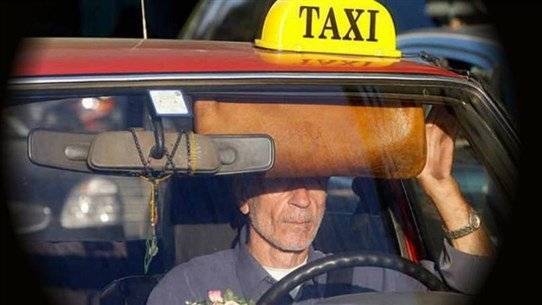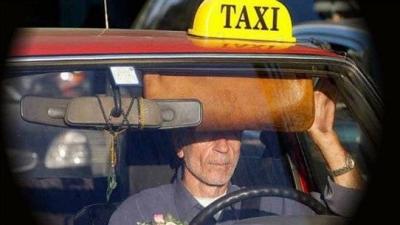While everyone is preoccupied with reading the results of the parliamentary elections and what they will lead to in the upcoming phase, the crisis in land transportation is intensifying. Taxi drivers, passengers, and anyone who owns a means of transport have suffered two significant blows. The first is a 35,000 LBP increase in the price of a canister of gasoline, bringing it to 542,000 LBP, along with the "foreshadowing" of a second impending increase. The second is the "madness" of the dollar, which has continued to rise, surpassing 31,000 LBP at the time of writing... This means for drivers an increase in the prices of spare parts priced in US dollars.
This news is not new to the Lebanese; it has become part of the daily crisis. Concerning the "service" crisis, those affected are once again experiencing the initial stage known as "confusion." Drivers are puzzled in determining a suitable fare, and passengers are often surprised by the rising cost of transport, which changes constantly. The "absence" of official bodies and transport unions invites chaos in pricing, but drivers have realized that "the more we raise the fare, the more passengers we lose."
According to current trends, the fare for "service" remains at 30,000 LBP for nearby destinations. However, some increase it "as they see fit," by 5,000 or 10,000 LBP. Nour paid 50,000 LBP yesterday from Kfar Sir to Nabatiyeh, expecting the driver to return 10,000 LBP, but he did not, justifying: "Don't you live in this country? The price of gasoline has risen and so has the dollar."
Taxi drivers lament that their situation is "all fear, anxiety, and loss," as Ali puts it. Yesterday, he went out as usual searching for passengers but found only a few. "People have gone bankrupt in the second half of the month, especially since they spent their salaries early to celebrate the holiday," he explains the movement of people that determines whether his work is "thriving or dead." The fifty-year-old returned home after nine hours of work, having spent 150,000 LBP from his pocket because "the earnings" were 200, while the cost of gasoline consumed reached 350.
"We can't make ends meet," taxi drivers repeat whenever asked about the current fare. But people also cannot bear an additional increase in transportation costs, especially since transportation allowances remain the same (64,000 LBP for public sector employees and 65,000 LBP in the private sector). Consequently, many drivers returned home early yesterday, "waiting for a solution that would fairly address them without being burdensome on passengers."
"When did we ever pay one and a half million for refueling the car?" one is shocked by the amounts spent at the gas station. Another recounts how she yelled at the man filling her car: "Stop," after reading the number 700 on the screen in front of her. She herself had asked him to "fill it up," but did not expect such a cost. The situation seems tougher for public drivers who stop at the station daily, living the shock anew each time. "These astronomical prices we spend to fill the tank are obtained with great difficulty," according to one driver.
The fear of running out of gasoline makes drivers like fish that do not leave the water; they circle in the same areas and do not take passengers to distant locations. Faten waited unusually for half an hour to find a taxi to take her from Bourj al-Barajneh to her work in Hamra, "I had to settle for an old, dilapidated car with doors that wouldn't close properly," she says. The driver warned her: "Keep in mind, starting tomorrow the fare will be 35,000 LBP." Then he murmured: "It took people weeks to get used to a fare of 30,000 LBP after the 25th; how long will it take them to get used to a fare of 35,000 LBP?"
Zeinab Hammoud - Al-Akhbar




